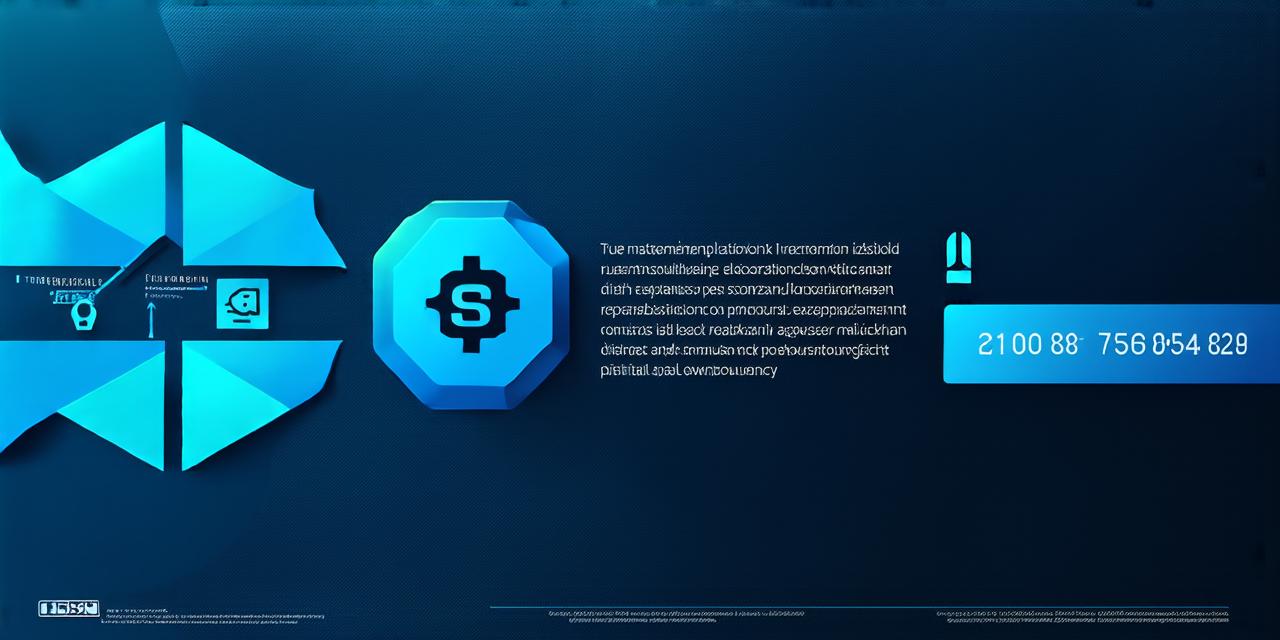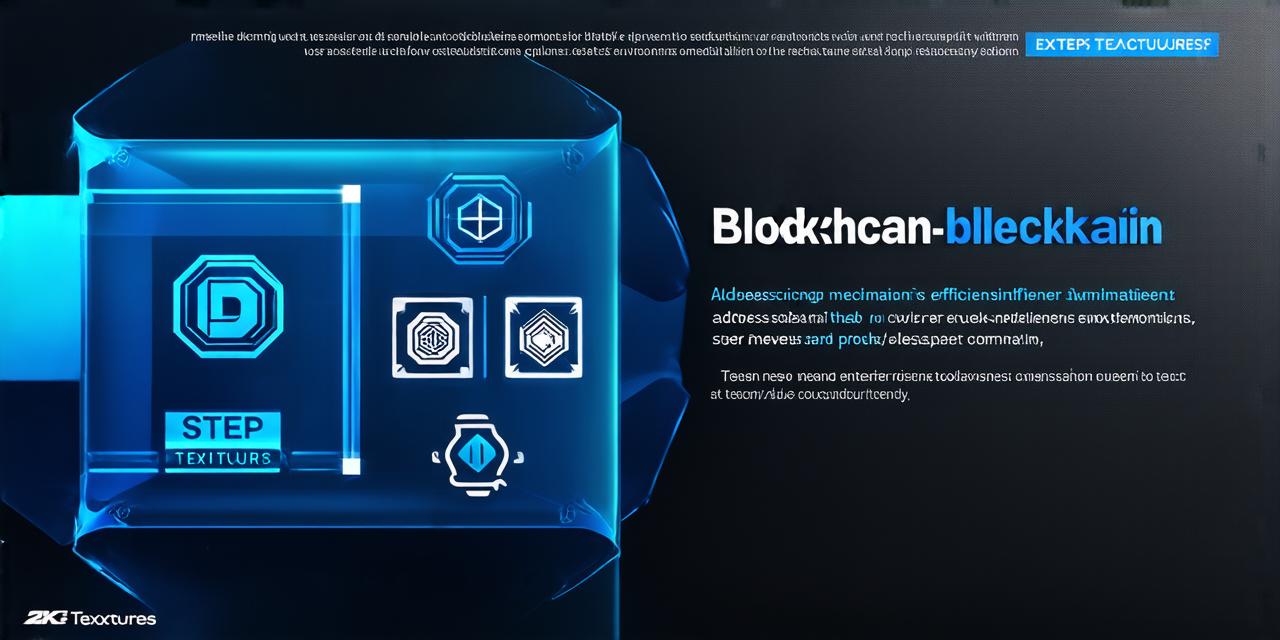Blockchain technology has been gaining immense attention and traction in recent years as it continues to revolutionize the way we store, share, and manage data. This article will explore why blockchain is revolutionary, its potential impact on various industries, and real-life examples that illustrate its benefits.
What is Blockchain?
Blockchain is a decentralized, distributed ledger technology that allows for secure and transparent transactions without the need for intermediaries. It operates on a peer-to-peer network, where each participant has a copy of the ledger, which contains all the transactional data. Once a new transaction is added to the blockchain, it cannot be altered or deleted, ensuring the integrity and immutability of the data.
Why is Blockchain Revolutionary?
Blockchain technology offers several benefits that make it revolutionary, including:
- Decentralization: Unlike traditional systems that rely on central authorities to manage and validate transactions, blockchain operates on a peer-to-peer network, where each participant has an equal say in the decision-making process. This eliminates the need for intermediaries, reducing costs and increasing efficiency.
- Transparency: All transactions on the blockchain are visible to all participants, ensuring transparency and accountability. This makes it difficult for fraudulent activities to go unnoticed and reduces the risk of errors or discrepancies.
- Security: Blockchain uses cryptographic techniques to secure data, making it resistant to hacking and cyber attacks. Once a transaction is added to the blockchain, it cannot be altered or deleted, ensuring the integrity of the data.
- Immutability: The immutability of the data on the blockchain ensures that once it is recorded, it cannot be changed. This eliminates the need for manual intervention and reduces errors, increasing efficiency.

Potential Impact of Blockchain
Blockchain technology has the potential to revolutionize various industries, including:
- Finance: Blockchain can eliminate intermediaries, reducing costs and increasing efficiency in financial transactions. It can also enable faster and more secure cross-border payments and improve fraud detection and prevention.
- Healthcare: Blockchain can improve data security, privacy, and interoperability in healthcare systems. It can also facilitate the sharing of medical records between healthcare providers, improving patient outcomes.
- Supply Chain: Blockchain can increase transparency and traceability in supply chain management, reducing costs and improving efficiency. It can also enable real-time tracking of products, improving customer satisfaction and reducing fraud.
- Real Estate: Blockchain can streamline property transactions, enabling faster and more secure transfer of ownership. It can also improve the efficiency of property management and reduce costs associated with intermediaries.
Real-Life Examples of Blockchain
Several real-life examples illustrate the benefits of blockchain technology:
- Bitcoin: The most well-known example of a blockchain-based cryptocurrency, bitcoin has revolutionized the way we think about money and transactions. It is decentralized, secure, and transparent, enabling fast and secure cross-border payments.
- Ethereum: A blockchain platform that enables developers to build decentralized applications (dApps) using smart contracts. It has numerous use cases in finance, healthcare, supply chain management, and more.
- Ripple: A blockchain-based payment protocol that enables fast and secure cross-border payments. It is used by banks and financial institutions to reduce costs and increase efficiency in international transactions.
- IBM Food Trust: A blockchain-based platform that enables the sharing of food supply chain data between different stakeholders. It improves traceability, transparency, and efficiency in food production and distribution.
Summary
Blockchain technology offers numerous benefits that make it revolutionary.



